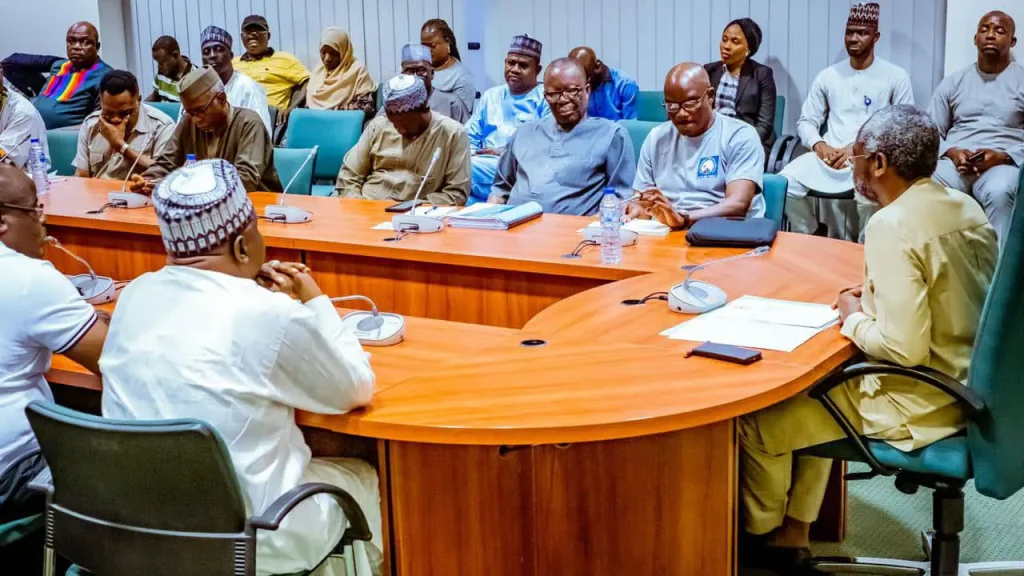The Nigerian federal government has expressed confusion over the reasons behind the ongoing strike by the Academic Staff Union of Universities (ASUU), asserting that the union has no right to dictate how its members’ salaries are paid.
This statement comes amid growing tensions between the government and the academic union, which has disrupted academic activities in federal universities across the country.
Emeka Nwajiuba, the Minister of State for Education, addressed the issue in Abuja, emphasizing that the government remains unaware of the precise motivations driving ASUU’s industrial action.
He questioned the union’s decision to strike, suggesting that neither the government nor the public fully understands the rationale behind it.
Nwajiuba highlighted the broader context of Nigeria’s higher education system, noting that the country has approximately 2.6 million undergraduates across nearly 200 universities.
Of these, the federal government owns fewer than 50, with state governments and private entities, including faith-based organizations, managing the rest.
He argued that state-owned universities have no justification for joining the strike if the issues are specific to federal institutions, as claimed by ASUU.
The minister pointed to the long-standing 2009 agreement between ASUU and the government as a key point of contention.
This agreement, signed before the current administration took office, includes commitments to improve university funding and staff welfare.
Nwajiuba acknowledged the government’s responsibility to honor these commitments but stressed that limited financial resources pose a significant challenge.
He explained that the government prioritizes borrowing for infrastructure projects, such as railways, that generate returns, rather than for social expenditures like salaries.
According to Nwajiuba, international financial institutions like the World Bank do not typically support loans for salary payments, further constraining the government’s ability to meet ASUU’s demands.
Addressing ASUU’s push for control over salary payment methods, Nwajiuba firmly stated that as employees, lecturers cannot dictate terms to their employer—the government.
He described such demands as “impractical and incongruous,” asserting that the government, as the payer, retains authority over payment processes.
Despite these challenges, the minister affirmed that the government has continued to pay salaries owed to university staff, even amidst financial and security pressures that have strained national resources.
The ongoing strike has halted academic activities in federal universities, leaving students and parents frustrated. Nwajiuba’s remarks suggest a disconnect between the government and ASUU, with the latter yet to clarify its specific grievances publicly.
The situation underscores broader issues in Nigeria’s education sector, including funding shortages and disagreements over governance and labor rights.
As the standoff continues, stakeholders are calling for dialogue to resolve the impasse and restore normalcy to the affected institutions.






